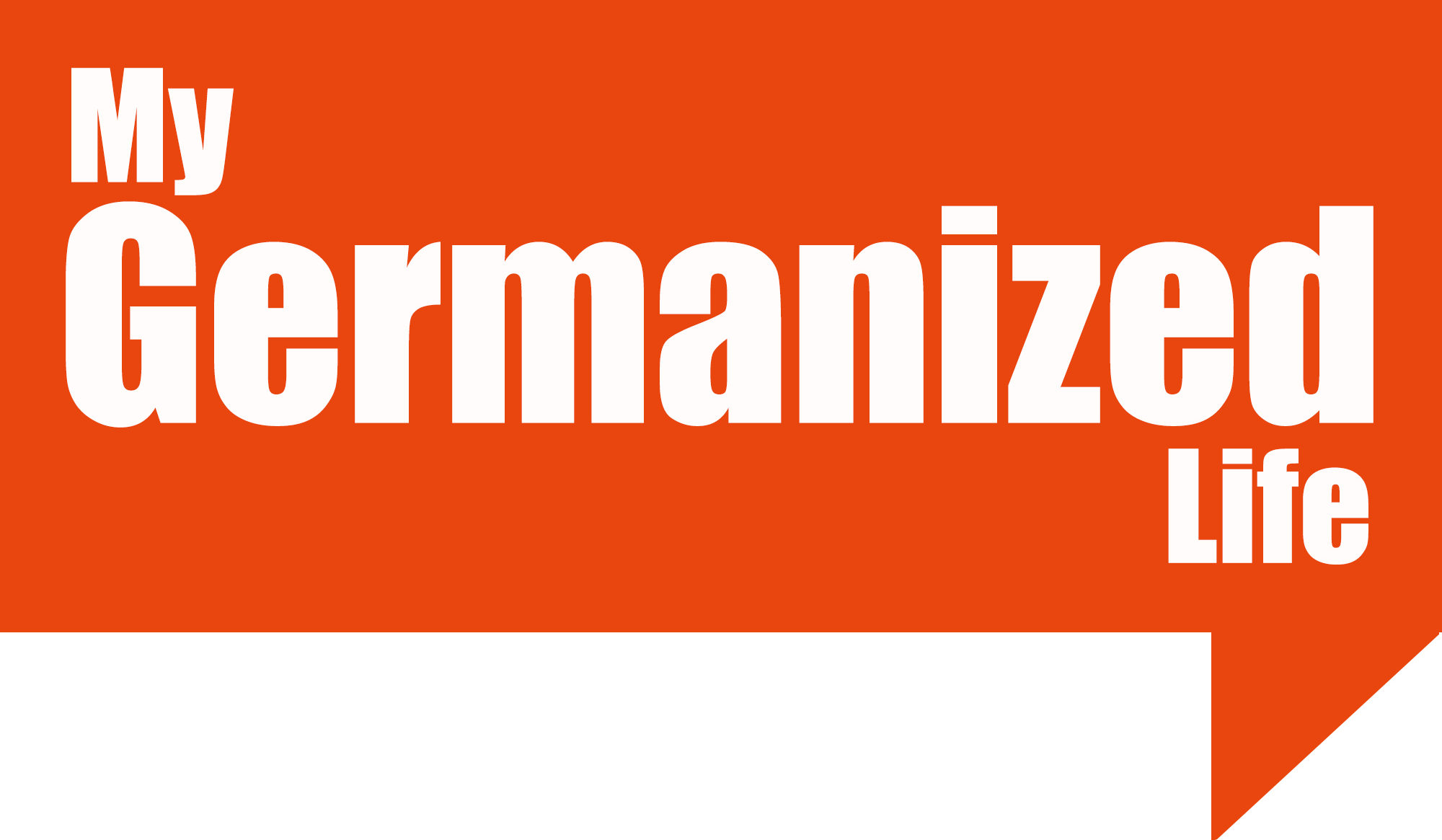
Is It Hard to Learn German Vocabulary?
As an English speaker, you already know an incredibly complex language, although you may not realize it, you already know tons of German vocabulary. English has almost 500,000 words! But, German only has around 135,000.
There’s more good news. Most of us use about 3,000 words to say 95% of what we want to communicate, and you can get away with even fewer words in German. By learning the 1,000 most common German words, you’ll have a vocabulary expansive enough to start talking.
You might think 1,000 words sounds like a lot, but it gets even easier! Cognates, Words That are the Same in German and English only differ in pronunciation. Other terms are very similar to their English counterparts, changing only a few letters in translation.
By learning just 1,000 words, you can start to understand German and be understood by native speakers. Did you know that English speakers already know hundreds of German words?
Words That are Almost the Same in German and English
Besides German words identical to their English counterparts, there are tons of words almost the same in both German and English.
These German vocabulary words are so easy to remember because only one or two letters are different. For example, the “c” in English words often transforms into a “k” in German. Similarly, an English “d” often turns into a “t” in German.
A fancy word, “cognate,” is used to describe these similar-sounding words. Consider the following German cognates:
- der Defekt (defect)
- exakt (exact)
- der Garten (garden)
- der Kaffee (coffee)
- das Insekt (insect)
- das Vakuum (vacuum)
You probably already understand them without having to look them up in the dictionary. Having all of these words in common English, German vocabulary seems incredibly simple when you get down the number of “new” vocabulary words you have to memorize.
After learning words that are spelled the same in both languages and the pronunciation differences, it’s time to branch out to almost identical vocabulary. This next phase gives you the chance to become familiar with German spelling and continue practicing your pronunciation.
Setting German Vocabulary Goals
Next, you get to decide how you want to learn fresh vocabulary in a way that aligns with your study goals and language needs. One aspect of learning German vocabulary that you should keep the same regardless of your study path is memorizing the genders of words and the words themselves.
Try going through your German vocabulary flashcards by memorizing words one gender at a time. By using mnemonic devices, you can group gendered nouns in your mind to recall the gender later.
For example, if you’re studying German food vocabulary, you could start with “die” ingredients, creating a visual salad in your mind with the items on your flashcards. How you decide to group them is entirely up to your imagination and what works best for you to create the most memorable connections.
Follow the guidelines below as you start to set your German vocabulary goals.
Know Why You’re Studying German Vocabulary
Study German vocabulary that aligns with your language goals. Do you plan to live or study in Germany? Are you working with German-speaking coworkers? Maybe you want to learn conversational vocabulary to impress your pen pal.
If you want to learn fundamental everyday German, start with vocabulary about food, travel, the home, school, computers, or any other topic. There’s no wrong reason or starting point. Your reason for learning German will help you define your vocabulary learning goals.
Start With the Basics
Learn which words are the same or similar in German and English. These words help you become familiar with all aspects of the German language without overwhelming you at the start. A focused approach can help you recognize patterns like which letters change in German words.
Easy German vocabulary is also the perfect starting point to practice your pronunciation. You’ll notice how German words may be spelled the same as their English counterparts, but the pronunciation can be very different.
Learn German Noun Genders
When learning German nouns, always learn the gender along with the meaning of the word. As a beginning German speaker, it’s easy to shrug off the importance of learning noun genders. These noun genders will be crucial to your language development down the line!
In sentences, you need German noun genders to select the correct German version of “the” and “a.” Many other aspects of German grammar also depend on you knowing the gender of a noun. For example, the German word “Band” can have three different meanings, depending on which gender you choose.
Use Spaced Repetition
Focus on spaced repetition (Flashcards are a perfect way to study German vocabulary!) It’s completely normal and expected not to remember a new word the first time you see it.
You’ll need to see that word several times, maybe even 20 times, before it sinks into your long-term memory. Repeat vocabulary on different days instead of trying to cram all the information into your head at once.
Pace Yourself
Don’t try to learn more than 50 new words per day. Learning a new language is a marathon, not a sprint. Most of us don’t have superior brain power that enables us to memorize a new language instantly. Instead, we learn through repetition and exposure to the word under various circumstances.
For example, if you lived in Germany, you could easily learn the names of groceries by paying attention to the product labels and store shelves when shopping. After seeing the word “Zucker” (sugar) every week for a month, you’d learn this word effortlessly. But if you only saw it once and tried to remember it three months later, the chances would be higher that you forgot.
False Friends in German Vocabulary
You’ll also need to watch out for “False Friends,” which are words that sound similar in both languages but have different meanings. In this case, German words don’t always mean what you think they might.
Some examples include Ambulanz (emergency room, not ambulance), arm (written without a capital “A” means poor), and Kaution (rental deposit). Learning the false friends in German will help you avoid misunderstandings.
My Germanized Life’s Free eBook outlines a simple formula to learn German effortlessly. Subscribe and receive yours today

